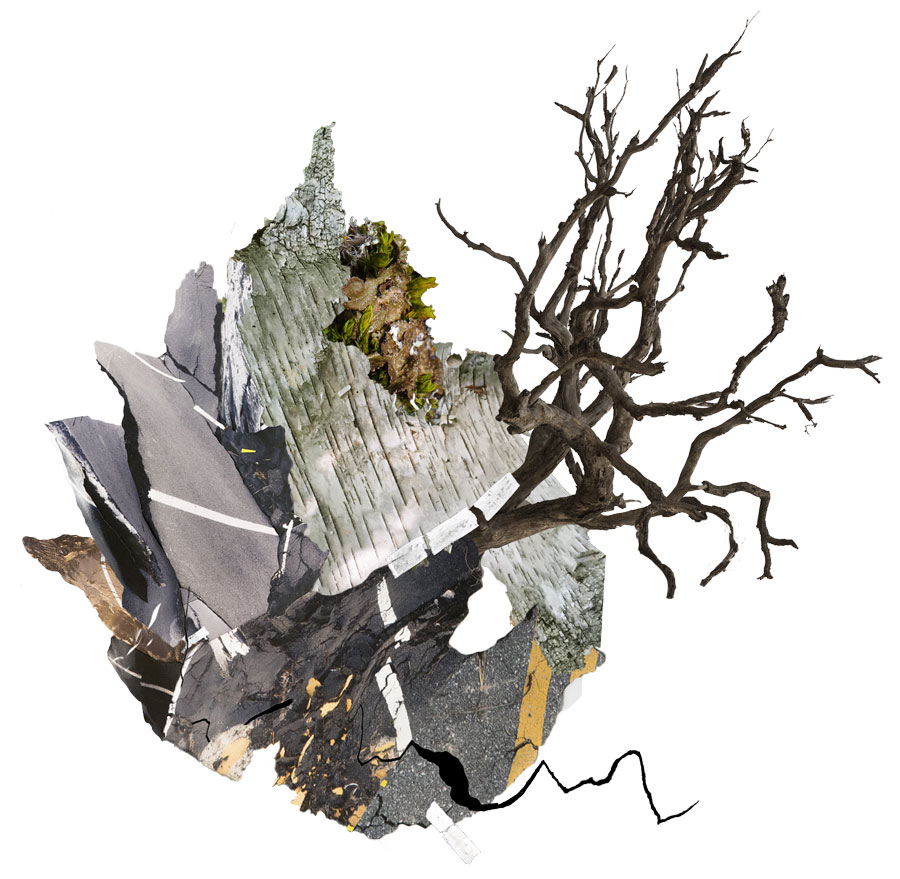
Romina Pacheco and Safire DeJong
Co-presented with the UMass Amherst History Department K-12 History Institute and the Collaborative for Educational Services
Alleviating the climate crisis and fighting for environmental justice requires working together across age, race, gender, nationality, socioeconomic class and other systems of power that divide us. For adults, this means co-creating with and learning alongside young people. This workshop series aims to support K-12 and community-based educators in becoming adult allies. How can educators remove the barriers that prevent young people from leading, while also serving as mentors when necessary? How can we develop a collective vision that guides us, keeps us energized, and leads us to creating the necessary tools to enact that vision? How can we let ourselves feel the urgency of the crisis without falling into despair?
Offered alongside the Feinberg Series lectures and workshops, this complementary set of educator workshops seeks to support teachers in varied contexts and disciplines in integrating environmental studies into our teaching and in deepening our collective learnings from the Feinberg Series speakers.
Participating teachers will:
1) Attend three 3-hour workshops with social justice educators Romina Pacheco and Safire DeJong. Participation is limited to 30, and the workshops will involve small and larger group discussions and connecting with other practitioners. Workshops will *not* be recorded.
- October 18 | Introductory Workshop, 10am-1pm, Zoom
- March 14 | Series Reflections, 10am-1pm, Zoom
- April 11 | Project Share, 10am-1pm, Zoom
2) Attend or view recordings of six Feinberg Series events: The keynote (“What Does the Earth Ask of Us”) and The Baldwin Lecture (“Young People Fighting for Climate Justice”) are required, plus four additional events of your choosing. The public events will be followed by a brief, non-recorded discussion among participants in this educator series. Joining the discussion is optional but encouraged. There will be no discussion after the first event.
3) Read and reflect on A People’s Curriculum for the Earth: Teaching Climate Change and the Environmental Crisis, edited by Bill Bigelow and Tim Swinehart (Rethinking Schools, 2015).
4) Complete a short creative or reflective assignment OR prepare a simple lesson plan / revise an existing plan.
Eligibility
This series of workshops is designed for school and community educators across content areas, including social studies, humanities, STEM, and beyond. Open to all educators and aspiring educators in New England, including classroom teachers, paraprofessionals, school staff and administration, community-based educators, graduate students, and social justice activists.
Application, Costs, PDPs and Graduate Credit
To participate in the teacher workshops, an application is required. 19.5 PDPs OR 1 graduate credit in history from the UMass Amherst History Department are available to teachers who complete all components.
Participation is free. There is a $25 processing fee to receive PDPs and a $147 fee to receive graduate credit. Receiving PDPs or grad credit is optional. Some additional work will be required of participants seeking graduate credit, including facilitating 1-2 post-event discussions.
To Apply
Apply by September 27.
Applicants will be notified by Sept 28.
Teaching on a Precipice: Empowering Student / Teacher Partnerships for Climate Justice is offered by the UMass Amherst History Department in partnership with the Collaborative for Educational Services, the History Institute, Five College Partnership Programs, and the 2020-2021 Feinberg Family Distinguished Lecture Series.
The Feinberg Family Distinguished Lecture Series is made possible thanks to the generosity of UMass Amherst history department alumnus Kenneth R. Feinberg ’67 and associates. The series is co-sponsored by more than 3 dozen university and community organizations.